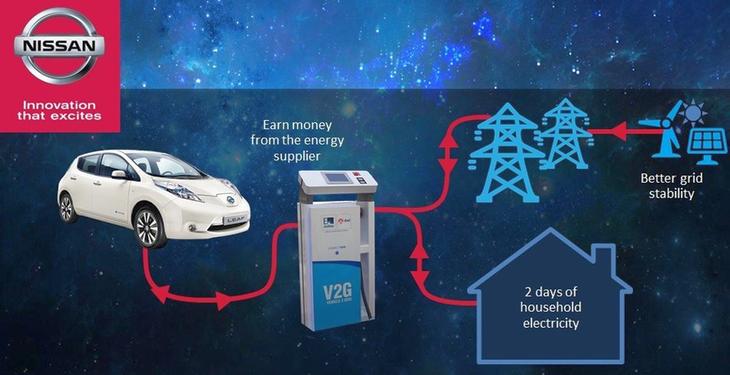Stephen Fitzpatrick—the founder and CEO of British energy upstart Ovo Energy—has an elegant vision for the future of energy.
One where our homes buy and sell energy when the demand (and price) is at its lowest, where our cars don’t just charge themselves, but also act as roaming batteries that store energy, and where all this is controlled by intelligent software that adjusts to your needs—and even the weather.
“When I think of the energy market of the future, really I think of a mesh of distributed energy assets, with each home at the centre of its own energy market,” Fitzpatrick told Forbes.
Romanian e-cars market is growing slowly, yet maturing fast (EBC, April 17)
And yesterday the softly-spoken Irish entrepreneur unveiled three technologies which could turn that vision into a reality.
When Elon Musk unveiled Tesla’s Powerwall in 2015, a battery that lets people store solar energy, it kickstarted a revolution in home energy storage.
Now Fitzpatrick believes Ovo can do one better, with its own new Home Energy Storage.
“As we move from centralised to distributed energy systems, each home must also become a kind of energy reservoir,” he said.
The key difference between Ovo’s battery and Tesla’s, is that Ovo has designed its battery to work even for homes that don’t have solar panels.
Instead, the battery is smart enough to buy energy from the grid when it’s cheapest during the daytime, which can then be used in the evening when prices rise.
This smart buying and selling is all powered by Fitzpatrick’s second announcement, VCharge, an intelligent energy “platform” which takes signals from the energy industry like supply, demand and price, along with indicators of future supply and demand like the weather, to make energy decisions at a local level.
“You can see in 20 years time the energy market will be much more about software than power,” he told Forbes.
The final piece of the puzzle is Ovo’s “bidirectional” electric vehicle charger, which Ovo claims is one of the first in the world, which has been developed in partnership with Nissan.
This won’t just let Nissan Leaf owners charge their cars, it’ll also let them sell energy back to the grid during peak times, which Ovo said could lead to savings of more than £250 ($354) a year.
